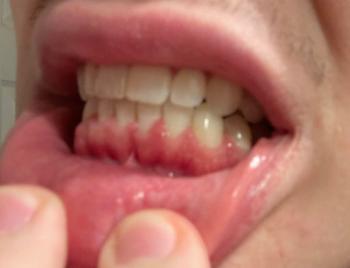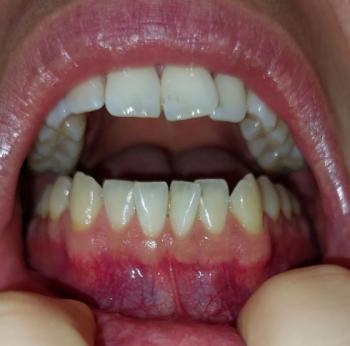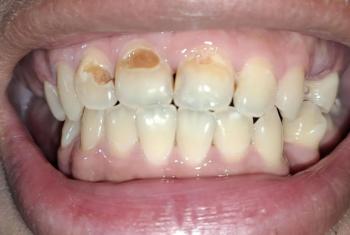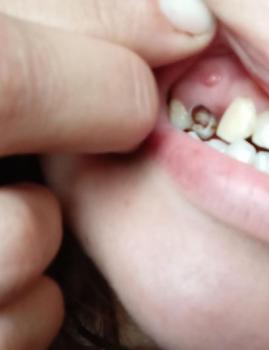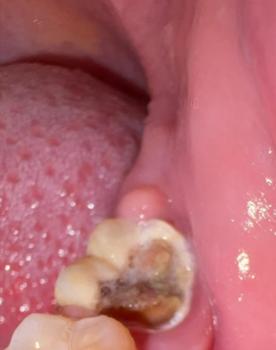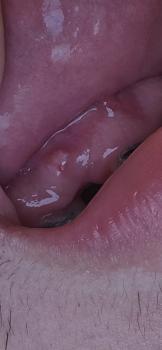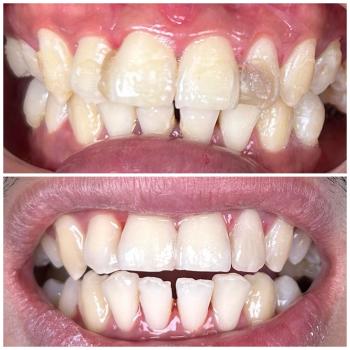Transforming Smiles, Restoring Confidence.
Healthy Gums, Healthy Baby: The Shocking Link Between Gum Disease and Gestational Diabetes
Language :
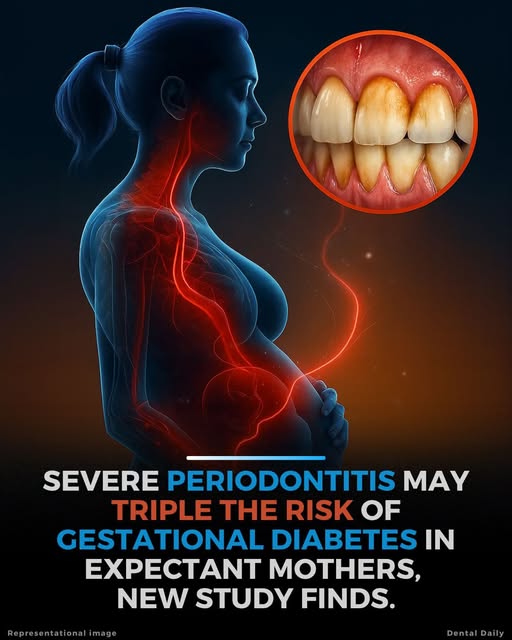
Topics:
The Silent Threat in Your Smile: How Gum Disease Can Affect Your Pregnancy Journey
A groundbreaking new study in the Journal of Periodontology has delivered a critical message for every expectant mother: the health of your mouth is directly tied to the health of your pregnancy. The research found that women with moderate to severe gum disease (periodontitis) were up to three times more likely to develop gestational diabetes mellitus (GDM).
For Filipino mothers, this is especially crucial. Let's break down this study and see it through the lives of two mothers-to-be in Manila.
Two Pregnancy Journeys: Maria and Mika
Maria: The Proactive Mom-to-Be
Maria, a 29-year-old teacher from Quezon City, has always been diligent about her health. As soon as she and her husband started planning for a baby, she booked a dental check-up. Her dentist performed a deep cleaning, instructed her on proper flossing technique, and emphasized that hormonal changes in pregnancy can make gums more susceptible to inflammation.
Throughout her first trimester, Maria was meticulous. She brushed twice daily, flossed religiously even when tired, and used a recommended antiseptic mouthwash. At her prenatal check-ups, her blood sugar levels were consistently healthy. Her dentist and obstetrician were in sync, a team dedicated to her and her baby's well-being.
Mika: The "Too Busy" Mom-to-Be
Mika, a 32-year-old small business owner, had a different experience. Her pregnancy was a surprise, and her days were a whirlwind of managing her online store. She often skipped her evening brush because she was exhausted. Her gums had bled occasionally for months, but she dismissed it as "normal."
"I don't have time for the dentist," she'd tell herself. "The baby is fine; a little gum bleeding is nothing." She powered through, unaware that the silent inflammation in her mouth was spreading.
The Science Behind the Story: Inflammation is the Culprit
The study, which followed 446 pregnant women, found a clear "dose-response" pattern: as gum disease worsened, so did the risk of GDM.
Why?
The bridge is systemic inflammation. The bacteria from infected gums don't stay put. They enter the bloodstream, causing your body's defense system to go on high alert. This leads to elevated levels of white blood cells and inflammatory markers.
This chronic, low-grade inflammation can make your body more resistant to insulin—the hormone that regulates blood sugar. During pregnancy, when the body is already naturally somewhat insulin-resistant, this added inflammatory burden can push a woman over the edge into gestational diabetes.
The study found this inflammation explained up to 19% of the link. For mothers over 30, like Mika, the risk was even more pronounced—severe periodontitis raised her risk of GDM almost fivefold.
The Turning Point
At her 24-week glucose challenge test, Mika was shocked to learn she had developed gestational diabetes. Her obstetrician explained the risks: a larger baby, potential for a C-section, and higher risk of type 2 diabetes for both her and her child later in life.
When the doctor asked about her oral health, Mika mentioned her bleeding gums. The doctor nodded, explaining the connection revealed by the new study. The inflammation in her mouth had been working against her all along.
Your Action Plan: Protecting Your Pregnancy and Your Smile
Maria’s story doesn’t have to be one of luck, and Mika’s doesn’t have to be one of fear. You can take control. Here is your essential guide:
1. Pre-Pregnancy Planning is Best.
-
Schedule a dental check-up and cleaning before you conceive. This is the gold standard for addressing any existing issues without the constraints of pregnancy.
2. Don't Skip the Dentist While Pregnant.
-
It is safe and highly recommended to see your dentist during your second trimester for a cleaning and check-up. Inform your dentist that you are pregnant.
-
This is not a cosmetic visit; it is a critical part of your prenatal care.
3. Master Your Home Care.
-
Brush Effectively: Brush for two minutes, twice a day, with a soft-bristled brush.
-
Floss Daily: This is non-negotiable. Flossing removes the plaque between teeth that your brush can't reach, directly combating gum disease at its source.
-
Watch for Warning Signs: Bleeding gums are NOT normal. They are the primary sign of gingivitis, the early stage of gum disease. Red, swollen, or tender gums are a call to action.
4. Build Your Healthcare Team.
-
Ensure your obstetrician and your dentist are aware of each other. An integrated approach to your health is the best defense for you and your baby.
A Happy Ending is Possible
For Mika, the diagnosis was a wake-up call. Under the guidance of her doctor and a dentist, she managed her blood sugar through diet and got the necessary dental treatment. She delivered a healthy baby boy and is now committed to her family's oral health.
Your oral health is a pillar of a healthy pregnancy. By taking care of your smile, you are doing more than just preserving your teeth—you are actively protecting your baby and ensuring a smoother journey into motherhood.
Schedule your dental check-up today. It’s one of the simplest and most powerful things you can do for your pregnancy.

